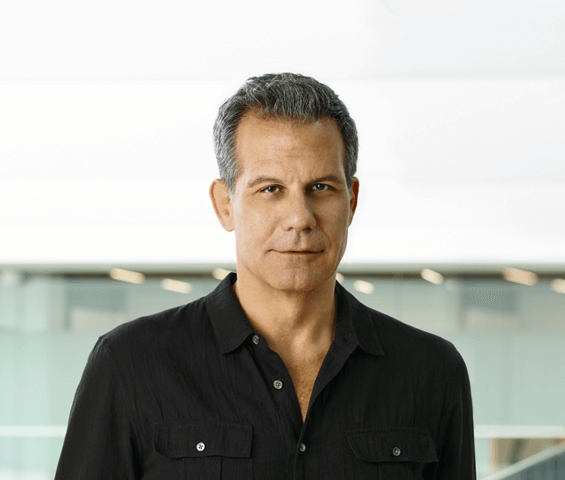The post-pandemic future of cities

Each year, the Economic Development Board for Tacoma-Pierce County Annual Meeting features a compelling, world-class keynote speaker. This year’s virtual event was no exception.
Richard Florida offered deep insights into the future of cities in a post-COVID age. The renowned urbanist, economist, bestselling author and founder of the Creative Class Group offered no crystal ball but provided historical perspective and emerging trends that will shape the post-COVID landscape in urban, suburban and rural areas.
Cities still kicking
Despite prognostications of doom and gloom during the pandemic, US cities are surviving and even thriving, Florida said. History tells us that’s no surprise. Previous pandemics – plagues, cholera epidemics, the Spanish Flu – also failed to put a dent in urbanization.
“When we are around one another, we not only feel better, but we’re also more productive and innovative,” he said. “It’s a much greater force than infectious disease, plague and pestilence.
Remote work is a game-changer
Push and pull factors are reshaping how and where we live. Early in the pandemic, folks were leaving cities, essentially pushed out to the suburbs and rural areas by the uncertainty and emphasis on remote work. Families stepped up moving plans, and college students and young adults moved back in with Mom and Dad.
Yet, pull factors brought people back to cities and urban centers, particularly young college grads starting professional careers seeking professional networks, jobs and potential life mates.
The changes in the way we work and how those changes enable people to live their lives is the most striking development Florida has seen in his lifetime. And there’s no going back to strictly the old ways of living and working.
The shift gives remote workers a broader set of choices and enables high-amenity communities like Tacoma-Pierce County to up their game. Up to 23 million workers across the US can now consider moving. And what are they in the market for? Bigger houses, more space, lower housing costs, and access to natural and urban amenities.
(For Pierce County, that’s a bingo.)
Time to zero in on remote work ecosystem
“The traditional office as we know it is dead,” Florida said. “But the need for social interaction and contact is not.” Now is the time to focus on what the remote work ecosystem looks like and what it means for economic development.
Remote workers want more than an office at home.
– 80% want to work from home at least one day a week.
– 70% favor a hybrid model
– 75% want a 4-day work week.
– Two-thirds want flexibility to work from multiple locations.
– Work-life balance looms as more important than money.
– Wellness, health and purpose are increasingly important.
The office is especially important for young talent. The office and co-working spaces are places to collaborate, problem solve and connect socially.
The office is shifting to the community. People aren’t heading back to a traditional brick and mortar office environment. A typical work day might include a morning meeting at a coffee shop, a few hours in the office to knock out emails, lunch with colleagues and an afternoon group-fitness activity.
People want to work and live closer to where they live. The “15-minute neighborhood” combines all aspects of work and life within a short distance from home. The model eliminates the dreaded long commute, saves energy, improves the environment and mitigates climate change. Most important, it reintegrates home and work.
Growing divides also on the rise
Unfortunately, the pandemic has also accelerated economic, social and geographic division. Black and Hispanic communities have been particularly hard hit. And on a class basis, more than 50 million Americans work in low-wage, high-risk service jobs where remote work isn’t an option. Remote work remains an unlikely option for low-income households and for those lacking higher education.
Florida noted that much of what’s happening now harkens back to the Roaring ‘20s, which followed the Spanish Flu epidemic. It was a period of vibrant economic recovery, a booming stock market, and a surge in arts and culture. It was also the most unequal decades in modern memory – until now.
“This crisis has given us a once-in-a-century opportunity to create better communities and workplaces,” Florida said. “Will history repeat itself, or will we take the opportunity to build back better? The choice is ours.”
Did you miss it? Watch Richard Florida’s presentation here. (Use the passcode 59$tT7U6). (You can find him at the 31-minute mark.)